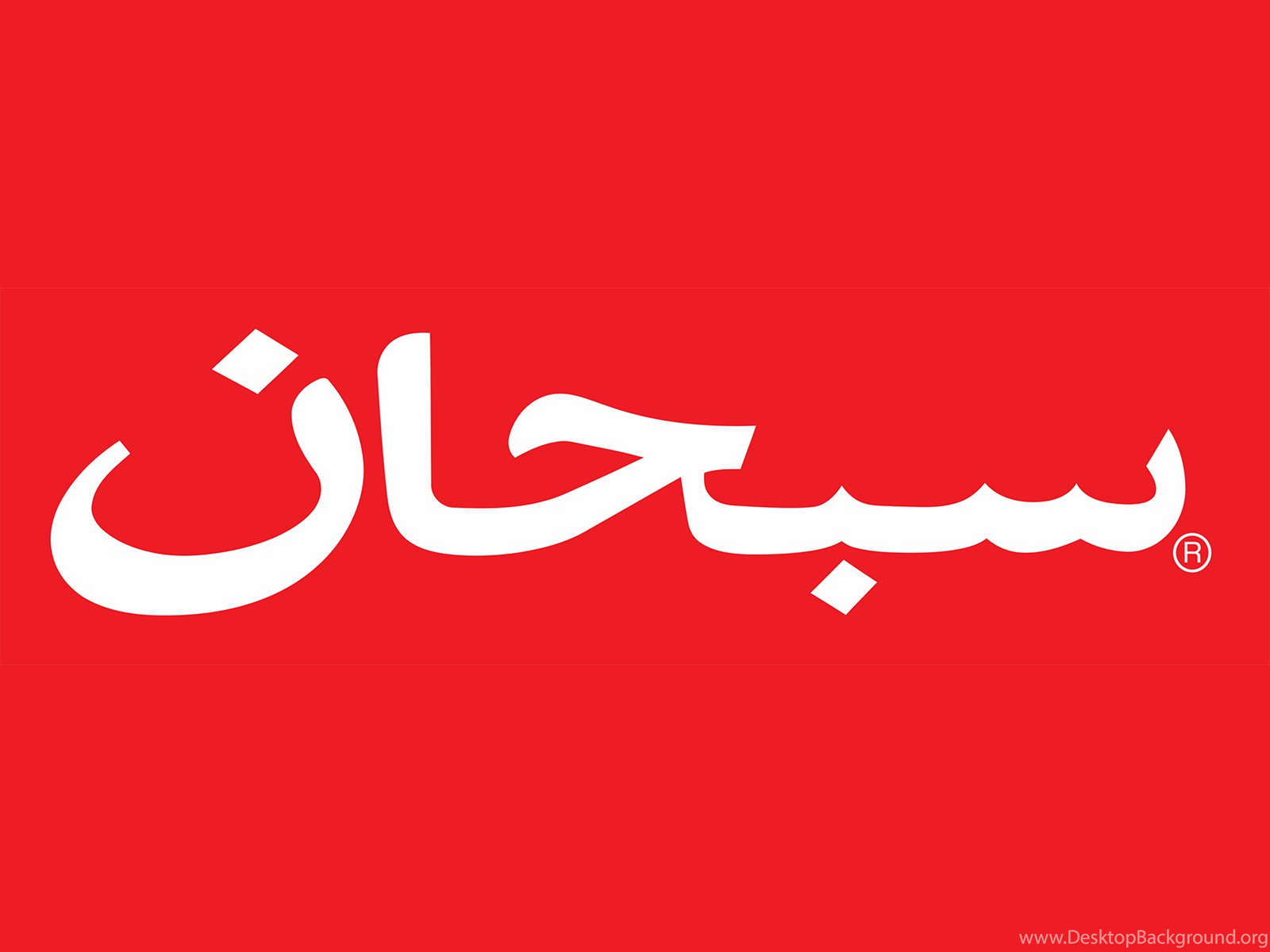
If the new path does not exist, the path will be created. If the name includes '/', this is interpreted as a new path for the file. '%04i' pads the number to 4 digits using leading zeros.

Leading zeros can be specified like with printf - i.e. In addition, if the format string contains '%f', this will substitute the original name of the file (minus extension). If a format_string is provided, it will be passed to the strftime function as the format string. If the format_string is omitted, the file will be renamed to MMDD-HHMMSS. n - This option causes files to be renamed and/ or mmoved using the date information from the Exif header "DateTimeOriginal" field. Use -mkexif option to create one if needed. dsft - Sets the Exif timestamp to the file's timestamp. cl string - Replace comment with specified string from command line fileĭate / Time -ft - Sets the file's system time stamp to what is stored in the Exif header. ci file - Replace comment with text from file cs file - Save comment section to a file ce - Edit the JPEG header comment field. Exif header contains date/time, and empty thumbnail fields only. purejpg - Delete all JPEG sections that aren't necessary for rendering the image. du - Delete sections of jpeg that are not Exif, not comment, and otherwise not contributing to the image either. dx - Delete the XMP section, if present. di - Delete the IPTC section, if present. dc - Delete comment field from the JPEG header.

General Metadata Options -te file - Transplant Exif header from a JPEG (with Exif header) in file into the image that is manipulated.

Jhead is used to display and manipulate data contained in the Exif header of JPEG images from digital cameras. To modify the Exif, Exchangeable image file format, of an image file, you can use jhead.įrom a terminal, install it by running the command: sudo apt-get install jhead


 0 kommentar(er)
0 kommentar(er)
